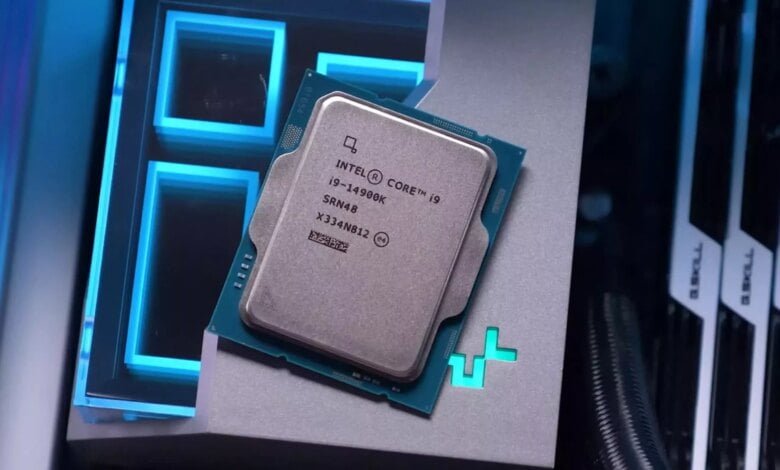Intel still doesn’t know what is causing Core i9 desktop CPUs to crash

Why it matters: For months now, Raptor Lake gamers have been annoyed about a stability issue with the chips causing games to crash. For a moment, it seemed as if Intel was about to push a fix. Unfortunately, the company tossed water on those reports, saying there was more to the problem than was being portrayed.
Recently, users have struggled with stability issues related to Intel’s Core i9-14900K & 13900K CPUs. Those with the processors have noticed increased game crashing, leading numerous developers to issue support notices. Intel said it would investigate.
Reports that Intel had found a fix originated with the German blog Igor’s Lab. It claimed it obtained an internal document under NDA that said the instability underlying cause was “an incorrect value in microcode algorithm associated with the eTVB (enhanced Thermal Velocity Boost) feature.”
For a brief moment, Raptor Lake users believed Intel had a fix in the queue. Unfortunately, Intel said reports identifying the fault were incorrect. It is still trying to determine the cause.
“Contrary to recent media reports, Intel has not confirmed root cause and is continuing, with its partners, to investigate user reports regarding instability issues on unlocked Intel Core 13th and 14th generation (K/KF/KS) desktop processors,” it said in a statement. “The microcode patch referenced in press reports fixes an eTVB bug discovered by Intel while investigating the instability reports. While this issue is potentially contributing to instability, it is not the root cause.”
Igor’s Lab has since added an addendum to its report.

Intel developed eTVB technology specifically for Intel’s Raptor Lake S processors to give them a burst of performance in games and applications by overclocking the processor’s cores above the maximum turbo frequency under certain conditions. Igor originally reported that Intel detected a displacement in the minimum operating voltage on the Core i9 parts due to exposure to elevated core voltages and that a firmware update was forthcoming, which was only partially correct.
In the meantime, gamers have developed workarounds, with some advice from developers. The crashes vary depending on the title, with some producing “out of memory” errors, others exiting to the desktop, and some locking up the computer entirely. Additionally, some of the chips work fine for a week to about a month but eventually start having stability issues. Unreal Engine seems to be a common denominator among the games.
Gamemakers have different advice on how to avoid the issue, but all are related to clocking. Epic Games issued a support notice to encourage users to adjust BIOS settings. Vermintide 2 and Warhammer 40,000: Darktide developer Fatshark advised using Intel Extreme Tuning Utility (XTU) to underclock the Performance Core speed from x55 to x53. Gearbox said to remove any overclocks in BIOS or use XTU, though changes made in the BIOS persist after a reset, unlike those made with Intel’s software. Outpost: Infinity devs suggested downclocking from 5.5GHz to around 5GHz to avoid crashes.
Source link




